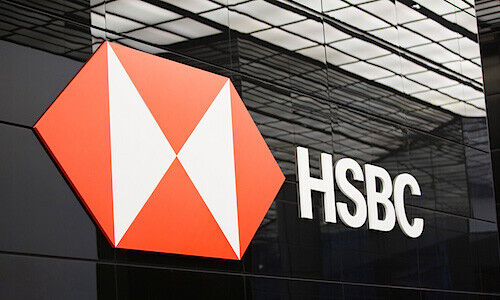Chinese insurance giant Ping An is reportedly not giving up its pursuit of HSBC’s breakup, claiming that the British lender had oversold the risk of spinning off its Asia unit.
Ping An intends to continue the debate over its proposal for HSBC to spin off its Asia unit, according to a «Reuters» report citing a source familiar with the Chinese insurer’s thinking which said the bank overstated the restructuring risks.
This follows HSBC’s latest first-half earnings announcement which saw the British lender push back against Ping An’s proposal, arguing that a breakup could result in a potential long-term hit for the bank’s credit rating, taxes and operating costs alongside a sizeable one-off execution cost. The bank also argued that a breakup would result in lower competitiveness due to reduced global connectivity.
In addition to its commitment to further accelerate the restructuring of its US and European business, the bank also raised its target for return on tangible equity to at least 12 percent and vowed to resume quarterly dividends in early 2023.
Extra Market Value
Citing «external» analysis, the report said that Ping An believes a spin-off would generate an extra $25-35 billion in market value and release over $8 billion in capital. This compares to a separate Toto Consultancy report commissioned by Ping An that estimates $26.5 billion of potential market value that could be unlocked from such a restructuring.
And in response to HSBC’s argument that a breakup could reduce global connectivity and related synergies, the source said the bank would remain a major shareholder of the spun-off Asian unit after separation and both entities could enter into cooperation agreements.
Underperforming Profits
In the first half of 2022, HSBC beat analyst estimates with a pre-tax profit of $9.2 billion which included a $1.8 billion boost from a deferred tax asset in the second quarter.
According to the report, the source admitted that HSBC had performed better than expected in the second quarter but underlined that almost all revenue growth in the period was dependent on a «phased, short-lived and uncontrollable interest rate hike cycle», adding that the bank is in urgent need of radical change with its general underperformance yet to be «fundamentally addressed».


























